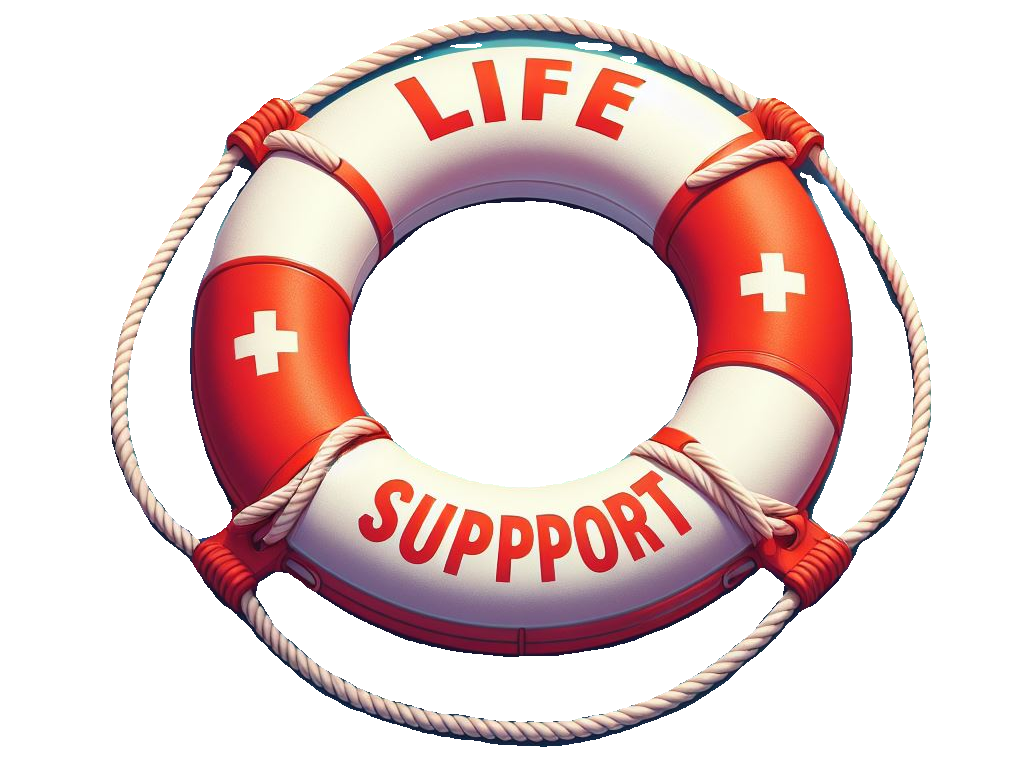Addiction isn’t just about willpower. It’s deeply connected to how our brain works, involving complex neural pathways and chemical reactions. Let’s talk about how the brain gets hooked, shall we?
Whenever you hear the term ‘addiction’, you might think of neurotransmitters, those little chemical messengers that play a big role in getting us addicted. Dopamine, the star of the show, floods our brain with feelings of pleasure when we engage in addictive behaviors.
Brain plasticity is another fascinating topic here. This is the brain’s ability to adapt and change as a result of experience. In addiction, the brain rewires itself in a way that strengthens cravings and makes quitting challenging.
Genetic predispositions and environmental factors also play chess with our brains in the addiction game. You might have heard how family history can influence addiction risks. While genetics can set you up for higher risks, triggers like stress or peer pressure push you closer to the edge.
Combining these insights, it’s easier to grasp why addiction is such a stubborn, multifaceted challenge. Hopefully, delving into how our brains work helps in tackling the issue from the root.
A Deep Dive into Alcohol Addiction
Alcohol seems to slip into social settings so smoothly, doesn’t it? Yet, when does a casual drink turn into a relentless struggle? Understanding this is key, especially when alcohol’s effects on the brain play tricks on us.
Unlike other substances, alcohol gets a VIP pass straight to our brain’s reward system, making it extra tricky to break free. It messes with dopamine, amplifying those feel-good moments while slowly tightening its grip. This is why some of us feel drawn to that next drink even when we know we shouldn’t.
Alcohol is sneaky, often showing early signs that go unnoticed at first. These can range from slight memory blackouts to a growing tolerance, where one drink is never enough. Recognizing these early markers can be a lifesaver, quite literally.
And let’s not forget about long-term effects. Years of chronic alcohol use can lead to serious cognitive issues, impacting memory, decision-making, and even emotional stability. It’s like your brain gradually becomes a shadow of its former self, which highlights the importance of timely intervention.
So, what can you do if you or someone you know is on this rough path? It starts with awareness, spotting those red flags early, and not being afraid to seek help. Knowledge is power, especially when it comes to understanding, and overcoming, alcohol addiction.
The Social and Personal Implications of Alcohol Addiction
When folks talk about alcohol addiction, the conversation often sticks to the individual, but let’s zoom out a bit. This struggle doesn’t just affect the person but ripples out, touching families, friends, and communities.
There’s a hefty stigma attached to alcohol addiction that can cause feelings of shame or isolation. Society often paints addiction with blame, making it harder to reach out for help. Building understanding and breaking down this stigma is crucial.
Personal stories from those who’ve traveled this bumpy road can offer hope and insight. Each journey is as unique as the person undertaking it, yet there’s a common thread of resilience and change. Sharing these narratives can inspire others on similar paths.
Supporting a loved one through alcohol addiction? It’s a delicate balance of being compassionate while setting boundaries. Watching someone go through this struggle isn’t easy, and having the right mix of empathy and firmness helps in guiding them towards recovery.
Community programs and government initiatives are on the frontline in tackling alcohol addiction. By promoting awareness and providing resources, they empower individuals to seek help. Becoming familiar with these aids can make an enormous difference.
Recovery and Rehabilitation: Pathways to Healing the Brain
Finding a way back from addiction isn’t walking a straight line but rather taking a path that curves, dips, and rises. Successful recovery hinges on personalized treatment plans. Everyone’s experience with addiction is unique, and so is the road to healing. What works for one person might not work for another, making tailored approaches essential.
Collaborating with therapists and rehab experts forms a vital support system in this journey. These professionals offer insights and strategies, helping rewire those unhealthy neural pathways that addiction carved out. It’s about learning new coping mechanisms and embracing healthier habits.
Don’t underestimate the power of self-help groups and community networks. Places like AA meetings or local support groups create a sense of camaraderie and understanding. Being part of a community facing similar struggles can reduce feelings of isolation, offering strength in numbers.
Staying abreast of the latest in neuroscience can provide fresh hope too. Recent breakthroughs in addiction treatment spotlight therapies aimed at rewiring the brain, helping to reduce cravings and foster recovery. These advancements are game-changers, offering new tools for those committed to healing.
Recovery doesn’t happen overnight. It’s an ongoing journey of self-discovery, growth, and resilience. Setbacks might happen, but each step forward counts. Embrace every small victory along the way, knowing that healing the brain and reclaiming your life is indeed possible.
